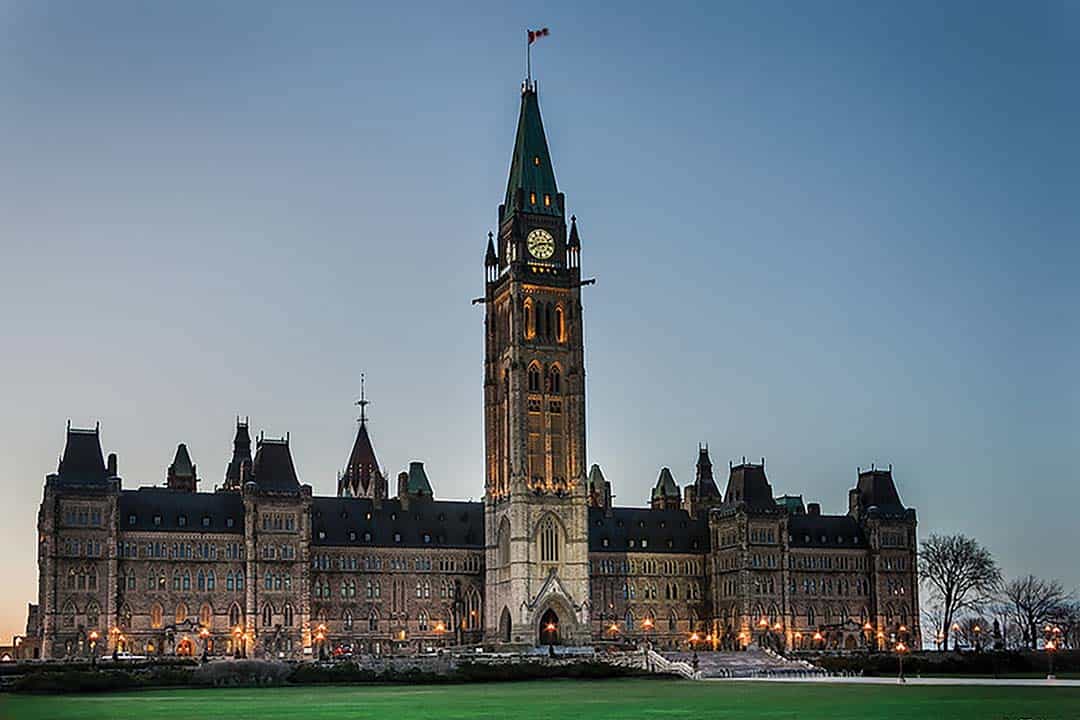Content warning: This article discusses legislation that has historically harmed Indigenous communities.
On December 14, 2022, Canada’s Minister of Indigenous Services, Patty Hajdu, introduced Bill C-38, An Act to Amend the Indian Act (new registration entitlements). As suggested by its title, C-38 does not propose any new laws, but rather acts to amend previous legislation — specifically, the Indian Act.
Bill C-38 aims to tackle the age-old issue of enfranchisement, the process through which several Indigenous peoples lost eligibility for registration and membership in their home communities. Indigenous peoples have been fighting against enfranchisement since the original act was first introduced in 1876.
The original Indian Act, enfranchisement, and “Indian Status”
Perhaps the most historically impactful piece of legislation for Indigenous peoples, the Indian Act is the primary federal law that oversees all matters regarding Indian status, bands, and reservations. Today, it serves to outline and claims to preserve Indigenous autonomy, but its history is rather dark, with its original rendition having much more oppressive intentions. The Gradual Civilization Act, passed by Canadian parliament in 1857, sought to “assimilate” Indigenous peoples into colonial Canadian culture by encouraging people to denounce their Indian status and “join civilization” — in other words, enfranchisement.
Enfranchisement, officially, was the legal process by which Indigenous peoples were stripped of their Indian status and indoctrinated as Canadian citizens. Assimilated individuals were allowed to vote, work, purchase alcohol, and own land outside of reserves, rights that were prohibited to them otherwise.
Indigenous men who acquired university degrees, or even entire bands who qualified as “fit” and “civilized,” would lose their Indian status and become Canadian — an opportunity which, according to the government, would be extremely beneficial. Women and their children had even less of a choice; since their status was recognized only by familial relations and not by blood, those who married non-Indigenous men or men who chose to enfranchise would be forcibly stripped of their status.
In the passing of the official Indian Act in 1876, enfranchisement was one of the fundamental ways the federal government attempted to eradicate Indigenous culture, history, and existence entirely. In the 1920s, government officials were even granted the ability to forcibly strip people’s statuses without their consent if they were reported to have “possessed the necessary qualifications” — “compulsory enfranchisement,” 1920’s Bill 14 called it, in their quest to “solve the Indian problem.”
It wasn’t until 1985, with the passing of Bill C-31, that enfranchisement was officially removed from the Indian Act. Those that had lost Indian status, by choice or by compulsion, were able to reapply for the title. However, descendants of said enfranchised families and individuals were left out of the equation; regardless of whether or not one chose to reinstate their Indian status, their grandchildren and following generations would forever be ineligible, barring hundreds of First Nations people from their rightful name for years.
Bill C-38 addresses exactly that.
Bill C-38 and beyond
As it currently stands, Bill C-38 will ensure that descendants of previously enfranchised First Nations people and families with histories of enfranchisement will be legally enabled to regain and reapply for their Indigenous status — because, in some twisted fashion, they haven’t been able to thus far.
The proposed amendment will affect hundreds of First Nations individuals whose rightful titles were taken from them due to the Indian Act’s abusive provisions, and Bill C-38 is a much-needed reparation.
In a December 2022 interview with CBC, longstanding Indigenous Rights activist Kathryn Fournier described the impact the legislation would have on her and her children, who have been thus far ineligible to apply for Indigenous status. “To be able to say that they can officially and formally claim that connection and officially be recognized as being part of that community. It’s a huge thing for them.” said Fournier. “It has less to do with any particular benefits that may accrue. It has mostly to do with their ability to say quite clearly and quite openly that this is part of who I am.”
From residential schools to unceded land, First Nations people have faced centuries of violence at the hands of the federal government. No matter how much non-Indigenous Canadians, like myself, may apologize and recognize, reparations only truly matter when they come in the form of action — legal, physical action. Canada’s notoriously violent history must be put to rest once and for all, and Bill C-38 is just a start to it.
Isabella Liu is a second-year student at Victoria College studying international relations, public policy and environmental studies. She is an associate comment editor at The Varsity.


